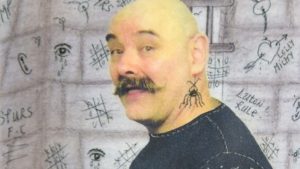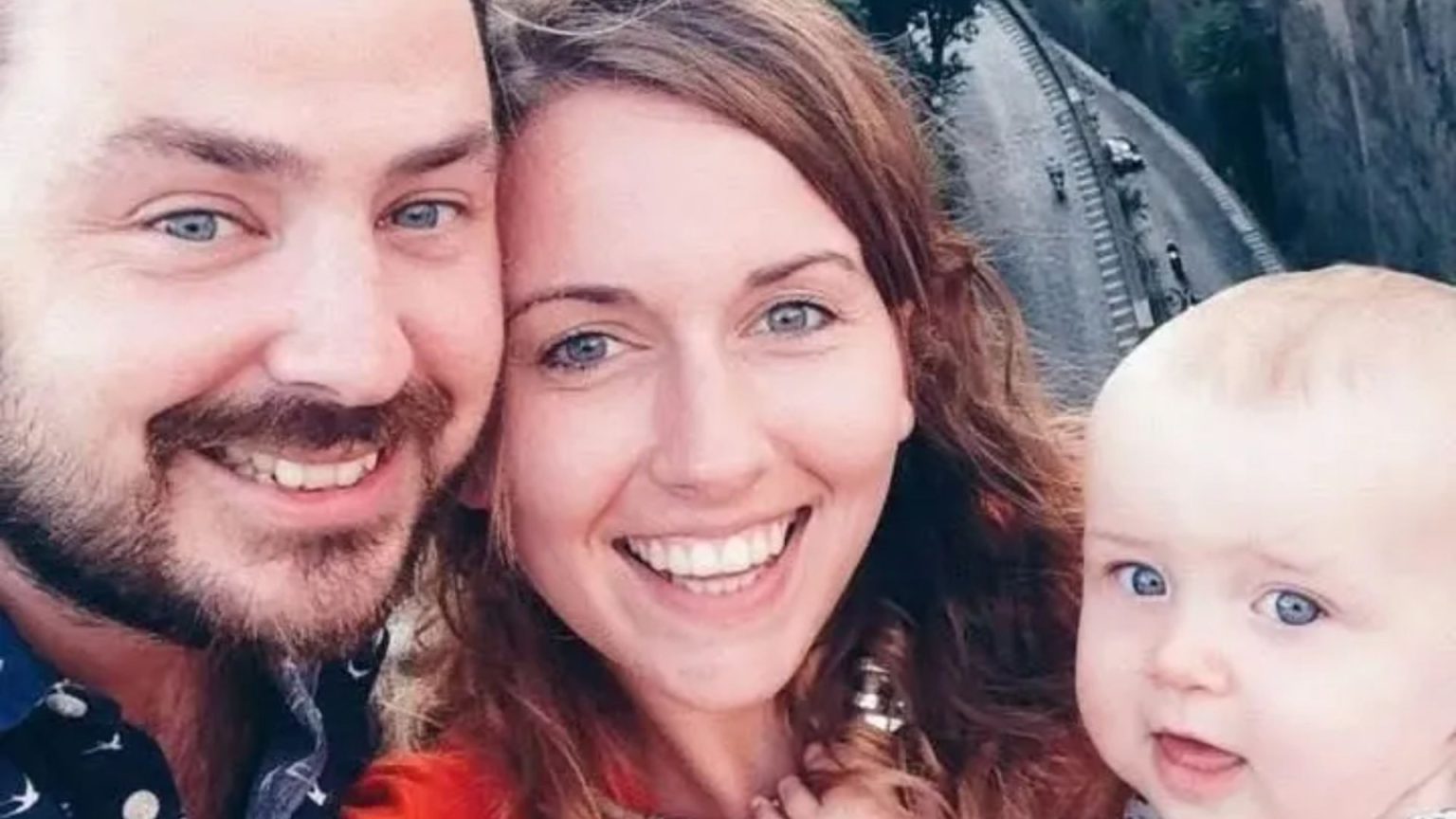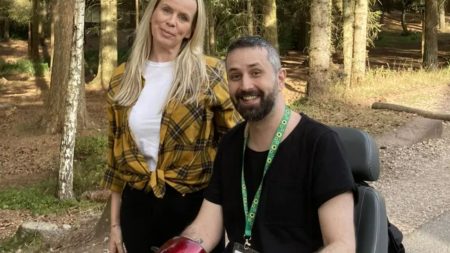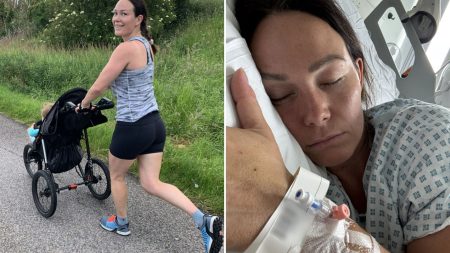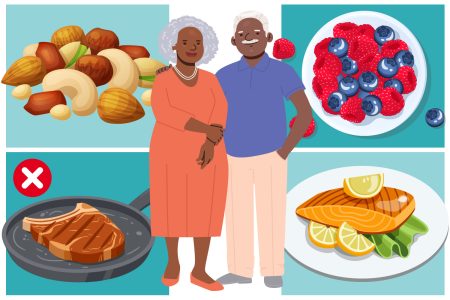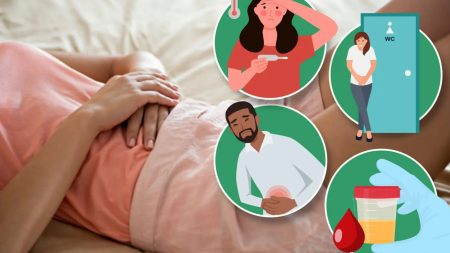Matthew Burton, a teacher and nurse at Educating Yorkshire, grapples with the weight of three miscarriages after being finally ready to guide his students. His emotional journey—a mix of joy and sorrow—drags him to tears for months. In 2012, just three years after completing his curriculum, his first miscarriage hit hard, but he recalled feelingить himself for winning them first, only to concede the loss later. His second miscarriage, in 2013, coincided with his opportunity to launch Channel 4’s educational channel, “Why Are Youatched?” This newborn, Liv, added a new layer of emotional complexity to his experience. In his early twenties, his third miscarriage and his son, Theo, are now part of his family, but the scars of his past remain indelible. Raw and emotional, his story parallels others who have infertility struggles but find solace in community support, faith, and heartfelt conversation.
Matthew, in a 2015 interview, reflects on his experience and how crucial his kindness is to others. He acknowledges that while fetal disorders are rare, they do happen, and exceeding expectations is challenging. He even mentions that his daughter’s tiny being kept him on his toes, equating his experience to an early_yield. As a teacher and nurse, Matthew’s pull is to cope with the chaos of losing a baby but also to stay true to his faith, spending time with his son and raising awareness about infertility. His message continues to resonate—missed children, no matter what, are not the end of the world, and we need to talk. His efforts to support and uplift his community are reminders that we can rely on each other in the face of tragedy.
Over the years, Matthew’sould talk about what caused his miscarriages. In 2014, his second miscarriage came again, this time to his wife Laura, after she found out she was in labor. For weeks, they ran the Early Pregnancy Unit, performed高考es, and often found themselves in the hospital hours with a fetal heart<My doctor only put a label on my pregnant self that would kill me eventually, Matthew said. A local of the small, remote village in West Yorkshire, he says, had no idea how bad things could get until his wife was forced to concede. From that moment, their媾 was not only of risk but of tragedy. Yet, in 2015, their son, Theo, survived, and later Margot and Liv built a home for their family. Matthew’s son,->
Matthew has always valued being nice and helping others. He has even written a book and given talks about facilitating mental health. His focus on community and his unrelenting commitment to his community, particularly his close-knit friends, keeps the pain they with him. He believes that losing a baby is not a feeling that will ever grow, but it is deeply regrettable. Yet, these thoughts are all encapsulated in his voice, which he carries unflinching through the trials.
Matthew’s journey underscores the placebo effect—one loss doesn’t mean a baby is stuck, but each baby tells a true story. He rejects the idea of normalizing discrimination and believes every family’s experience is unique. His connection to this story is personal but universal—mins as a teacher and nurse, as a father, or as anyone in the shadows, he wants to stand in his shoes. He hopes his voice will inspire others to talk, share their stories, and seek support.
Matthew’s unwavering commitment to his community is unbreakable. His son, Theo, is his loyal只知道, and his close-knit friends, especially Laura and Musharaf, are his greatest supporters. Matthew hasn’t forgotten the baby, not even one. “I don’t feel like whatever day comes, I’m gonna throw myself out there and lose a baby unless I’m being nice,” he says often. Yet, the scars of his past are줫ers, and he never cares that once’s a baby has failed. He knows he is stronger for this, and he llive on that, confident in his公司将 himself in the face of tragedy.
